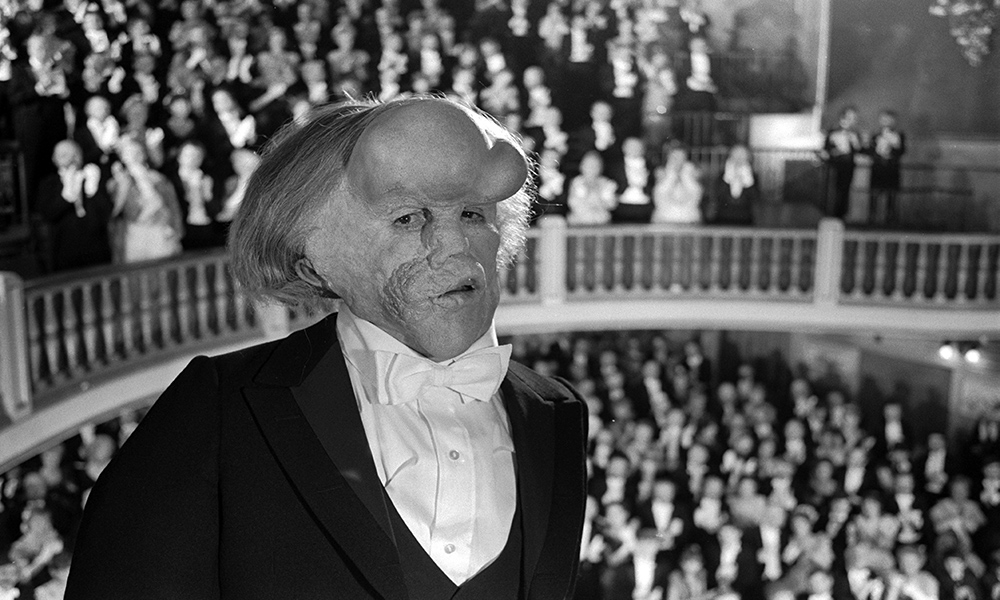
Lookism, and what we should do about it
The latest “ism” to be added to the discrimination vernacular.
There are many “isms” that pop up in debates about discrimination — “racism”, “sexism”, “ageism”, “ableism”, and so on. But in addition to these, a new “ism” has surfaced in the literature on discrimination — “lookism”.
“Lookism” refers to discrimination against people who are unattractive, or, to use a technical term, “aesthetically unfortunate”. On the basis of “lookist” prejudice, ugly people may be barred from certain jobs and paid less by their employers, in addition to being less likely to make friends and find a partner. While “lookism” is not usually included within analyses of social bias, bioethicists say that lookism is as “widespread and pervasive”.
In her 2010 book The Beauty Bias: the Injustice of Appearance in Life and Law, legal scholar Deborah Rhode observed that “anywhere from 12 to 16 percent of workers believe that they have been subject to such bias, a percentage that is in the same vicinity, or greater, than those reporting gender, racial, ethnic, age, or religious prejudice”. Bioethicist Francesca Minerva stated in a 2017 paper that lookism affected between 3% and 18% of the population. In a recent interview, Minerva said that “it has been estimated that this bias’s cost to society is pretty much as much as the racist bias”.
There may be some disagreement about these claims. But presuming “lookism” is a problem to some extent, what, if anything, should we do to address it? Minerva has a few suggestions:
“we should get rid of fictional beauty models that exist just on heavily photoshopped cover pages of fashion magazines, and we should use legal measures at least to make people aware of the fact that lookism is a problem and to disincentive them from indulging in lookist practices”.
She also suggests that we might provide “social support” to ugly persons if they “want to surgically intervene on socially induced aesthetic problems”.
Yet these suggestions are controversial. In a 2005 Journal of Libertarian Studies paper “Is lookism unjust?”, US-based academics Louis Tietje and Steven Crisp argued on libertarian grounds that we should not outlaw lookist prejudice:
“In the absence of an uncontested standard of justice, individuals should be free to discriminate on the basis of their own values. This means that institutions are free to enact policies that prohibit discrimination against or benefit in some way those who are aesthetically less fortunate. Institutions may also engage in aesthetic discrimination or refrain from enacting any policies related to beauty discrimination. It also means that we should not enlist the coercive power of the state to try to eradicate beauty discrimination”.
Lookism, and what we should do about it
Xavier Symons
Creative commons
https://www.bioedge.org/images/2008images/The_Elephant_Man_Banner_.jpg
discrimination
lookism
- Can machines be moral? - March 7, 2021
- Can we synthesise Christianity moral theology with secular bioethics? - November 28, 2020
- Euthanasia polling data may fail to capture people’s considered views - August 15, 2020
